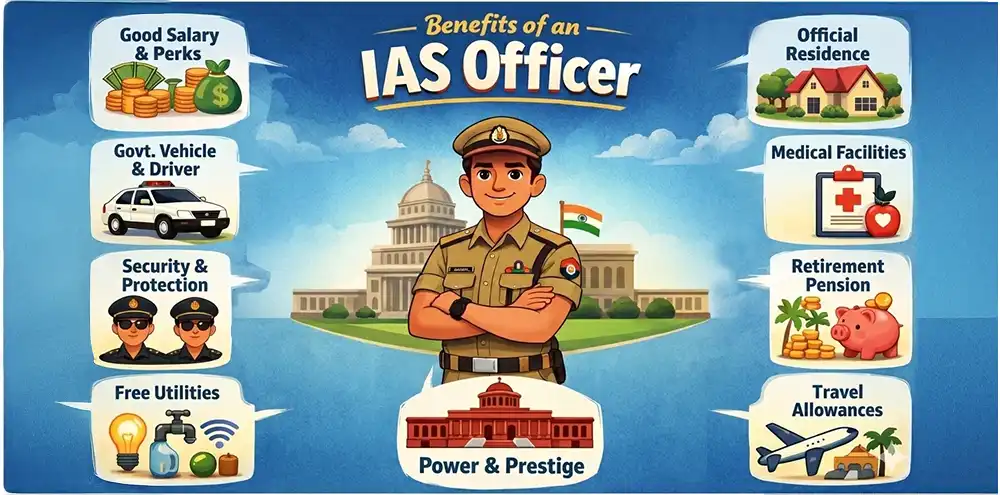Font size:
Print
Moral Pressure and Human Rights Compliance
Context:
In a world rife with prejudice and fanaticism, human rights are vital. “Naming and shaming” governments that violate human rights can exert moral pressure, though its effectiveness varies; some authoritarian regimes resist, while others have seen reforms due to such efforts.
Human Rights and Moral Pressure:
- Global Challenges: In a world increasingly plagued by prejudice and fanaticism, the centrality of human rights is more crucial than ever.
- Authoritarian Regimes: Governments like those in North Korea, China, and Russia often ignore international human rights norms, resisting external pressures or interventions.
Human Rights Compliance Issues:
- State Sovereignty: Countries may reject external pressures, citing self-governance, hindering enforcement of human rights standards.
- Selective Enforcement: Geopolitical interests often dictate which human rights violations are addressed, leading to inconsistencies.
- Lack of Implementation: Even with global condemnation, as seen in Myanmar’s treatment of the Rohingya, substantial policy changes are rare.
- Ineffective Sanctions: Economic sanctions or military interventions, such as those in Syria, often exacerbate crises without resolving human rights abuses.
- Resistance to Shaming: Efforts to name and shame violators sometimes lead to minimal changes or outright denial of allegations.
Promotion and Protection of Human Rights:
- Legal Frameworks:
- Protection of Human Rights Act, 1993: Established the National Human Rights Commission in India.
- Universal Declaration of Human Rights: Global standards for human rights adopted by the UN.
- Key Organisations:
- Human Rights Council: UN body responsible for promoting and protecting human rights.
- Amnesty International: NGO advocating for global human rights.
- National Initiatives:
- Article 51 A (g): Indian citizens are obligated to protect the environment and show compassion towards living creatures.
Effectiveness of Naming and Shaming:
- Historical Success:
- Myanmar and Ethiopia: Naming and shaming led to the release of political prisoners and some improvements in human rights.
- Colombia and Argentina: Resulted in policy changes addressing human rights concerns.
- High-Profile Cases: Global condemnation led to the prosecution of dictators like Augusto Pinochet and Slobodan Milosevic for crimes against humanity.
Limitations of Naming and Shaming:
- Authoritarian Resistance: Regimes like those in Russia, China, and North Korea often resist or deny allegations, reducing the effectiveness of moral pressure.
- Strategic Context: Success depends on the level of international scrutiny and the strategic context of the violations.
Challenges in International Law:
- Moral Sanctions: Naming and shaming may spotlight violations but often fail to lead to substantial improvements, especially when military or economic sanctions are also ineffective.
- Need for Comprehensive Strategies: Human rights must be integrated into national and international legal frameworks. Advocates should focus on democratic institution-building and addressing underlying social and political issues.
Future Directions:
- Moral and Institutional Reform: Emphasise developing democratic institutions and moral reform within states to integrate human rights into policies and legal systems.
- Resistance and Legitimacy: Resistance activism gains legitimacy in the face of state reluctance to uphold human rights, becoming crucial for defending against state persecution.
- Broader Implications: Reinforce the centrality of human rights in international relations and domestic policies, aligning political ideologies with human rights norms to ensure compliance and justice.



